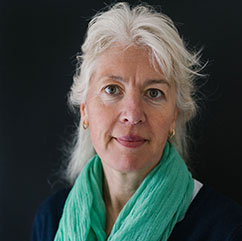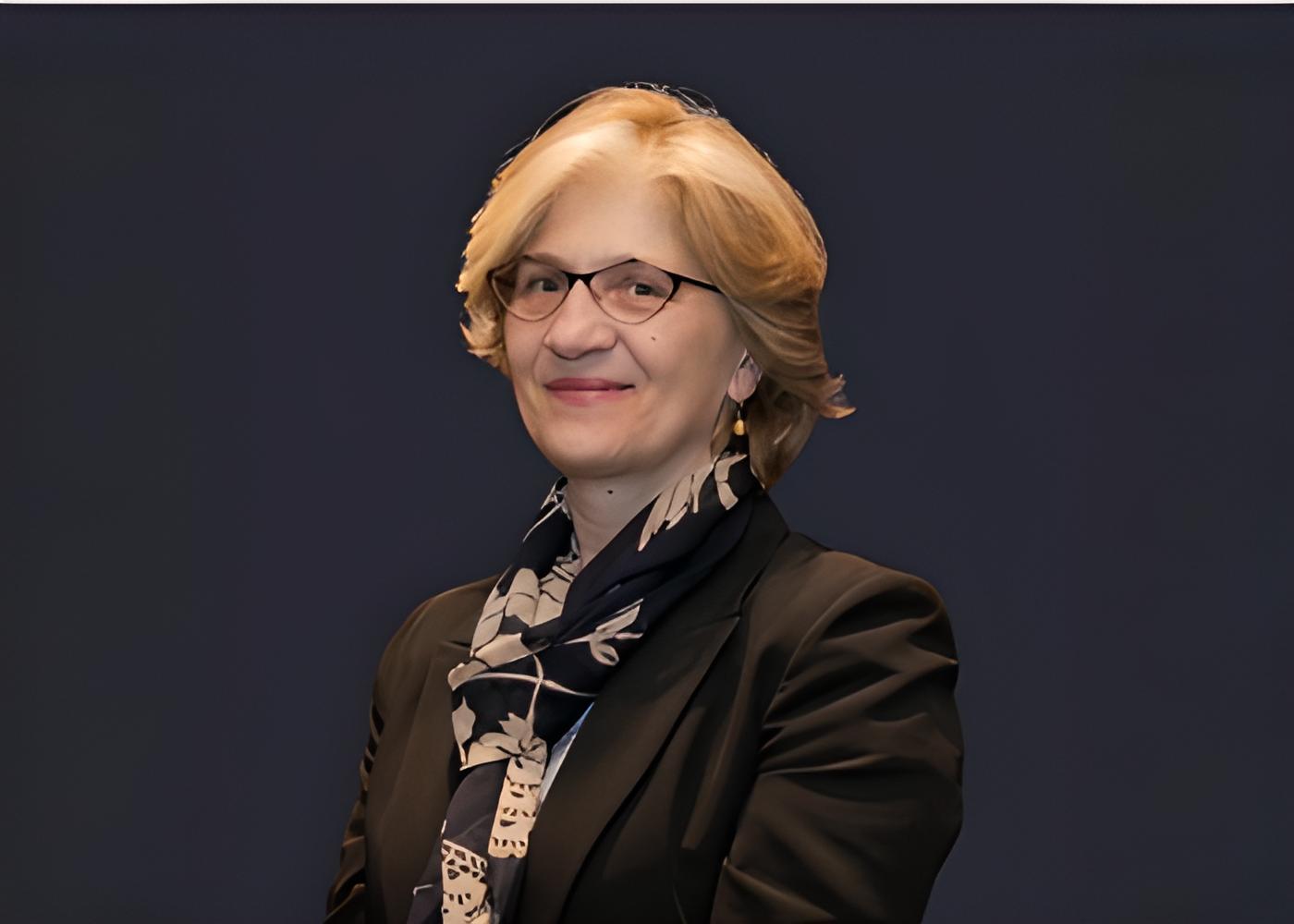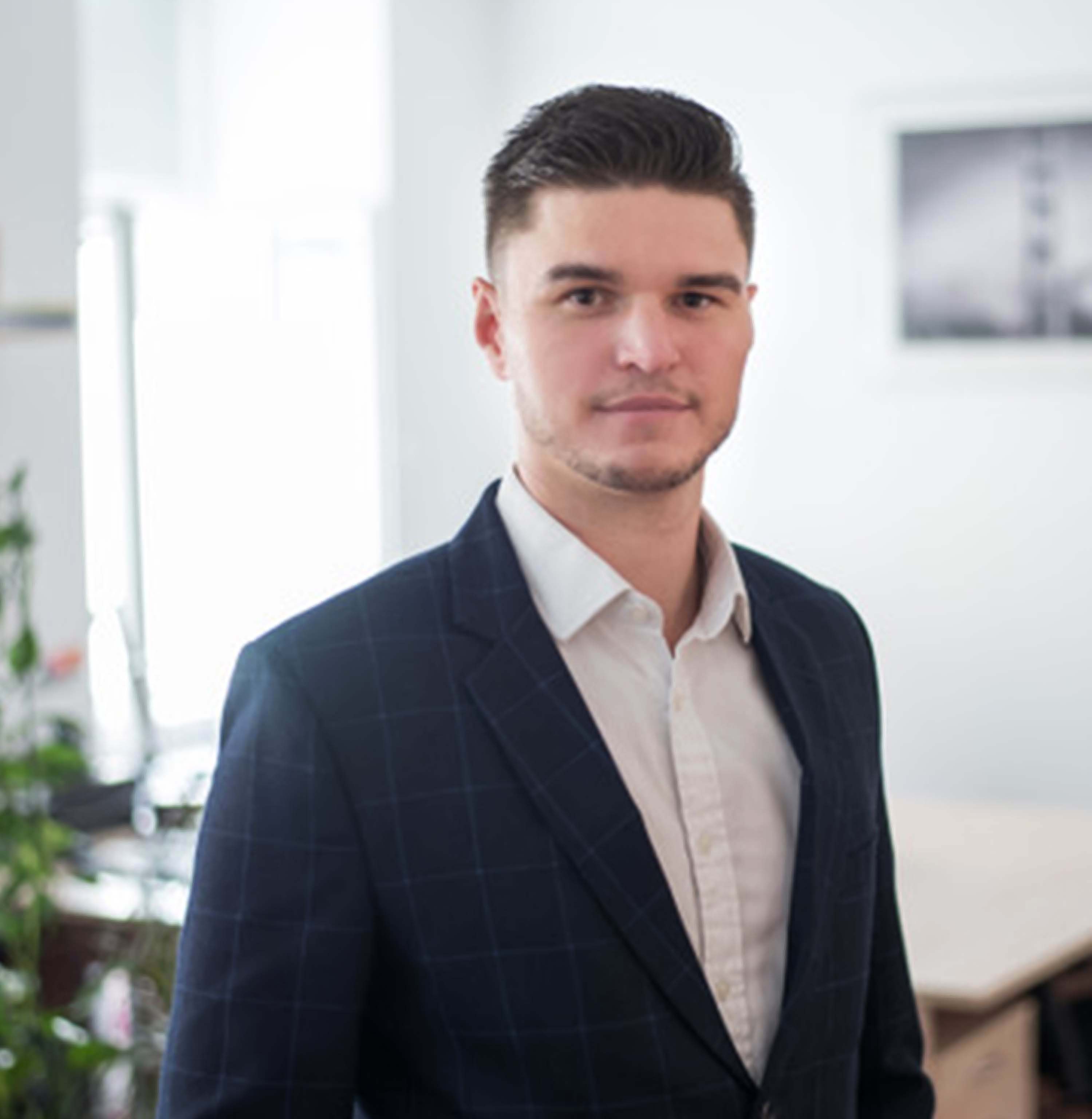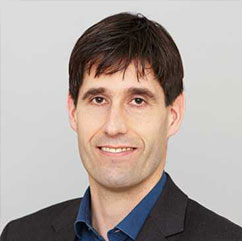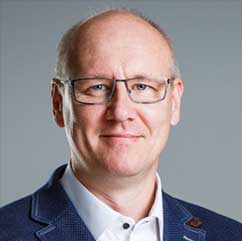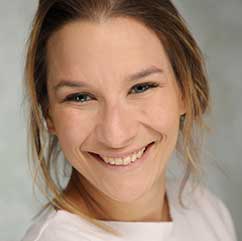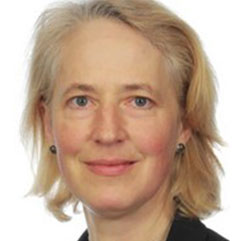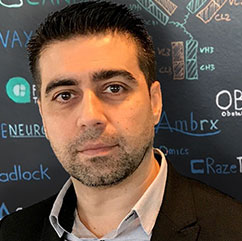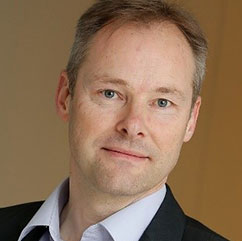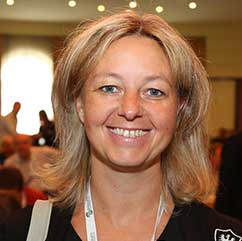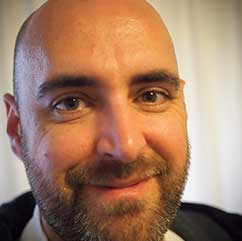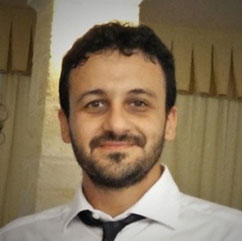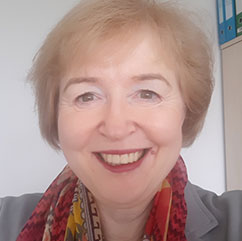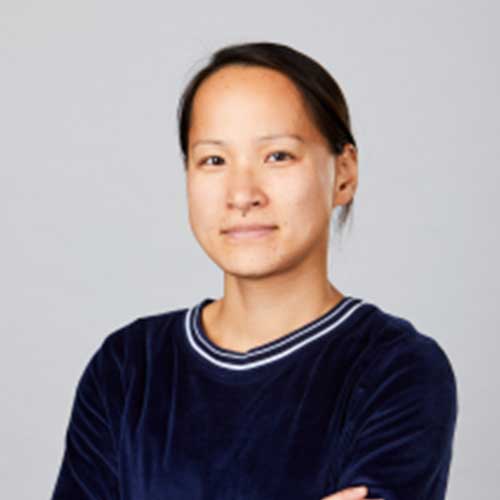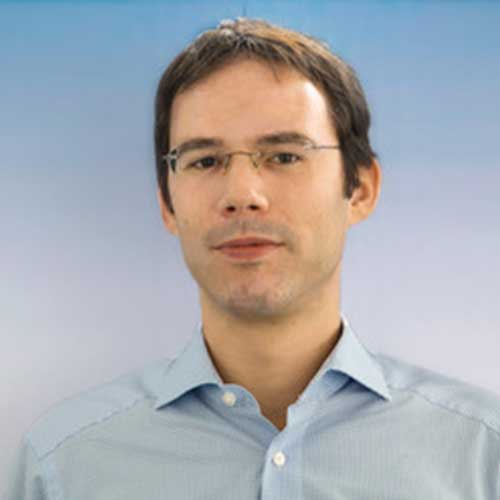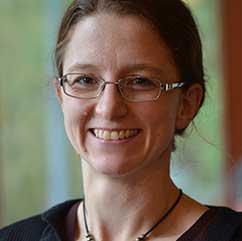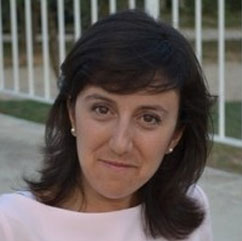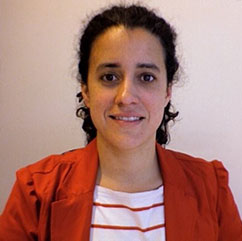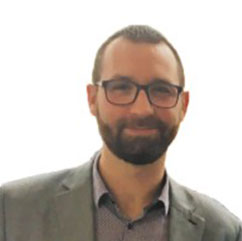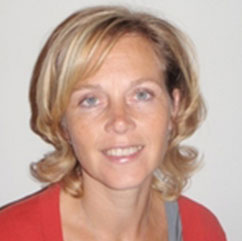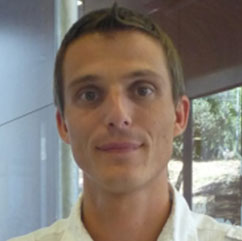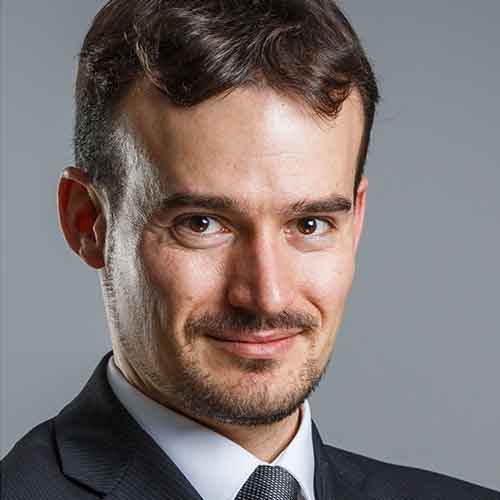This course will guide you through the basic processes of technology transfer – from receiving and evaluating an invention disclosure to pitching for investment, and negotiating deals. You will learn from experienced technology transfer professionals
This three-day course is for people relatively new to technology and knowledge transfer with less than two-years’ experience. The course is developed for professionals, from both public and private institutions, entrepreneurs and consultants. Designed for those working within a university TTO / KTO, linked directly or indirectly to technology transfer activities and wishing to learn more about knowledge and technology transfer. This is a great way to develop a strong foundation of knowledge if you wish to advance your career. Many TTO/KTO professionals have benefited from this powerful professional development launch pad.
Learning Objectives
- A broad overview of the fields covered by Knowledge Transfer Officers and offices;
- Cover the basic output of a KTO / TTO;
- Gain insights into patenting and patent evaluation, and the licensing process;
- Develop the rudimentary tools for dealing with inventions, inventors, licensees, founders and potential cooperation partners;
- Increase knowledge on setting up a spin-off company, including the broad financing possibilities;
- Tips and tricks on negotiation a successful deal (with a collaboration partner, a spin off or a licensee)
Course Topics
- Evaluation of exploitation strategy and options
- Patenting: what you should know
- Introduction to licensing
- Introduction to academic spin-offs
- Basics of spin-off financing
- Technology transfer through research collaborations
- Collaboration and negotiation strategies
- Programme
- Speakers
- Venue
Programme
-
Wed 20 March 2024
-
09:00 - 09:45 Course introduction
In this opening session the Course Directors, Otomar Slama and Laura Spinardi, shall outline what to expect from the days ahead and answer any queries you may have before starting out on three days of intense learning.
-
09:45 - 10:45 Finding and evaluating technology opportunities and exploitation strategies
Very few of the disclosures we receive are likely to form the basis of a good patent: fewer still, maybe 1 in 10, have any commercial potential. Moreover, we simply do not have the time to simultaneously manage too many projects.
How then should we: scout, screen, evaluate, and rank the disclosures and opportunities we receive?
What exploitation scenario and strategy are most suitable?
How should we reject the ones that we decide not to pursue?
-
10:45 - 11:15 Break
-
11:15 - 12:15 Patenting: what you should know
An introduction to the what and when of patenting academic findings and the key decision points along the way.
-
12:15 - 13:15 Introduction to Licensing
This session offers a general introduction to the what, why and how of licensing and addresses some of the common matters you need to take into consideration when negotiating a licensing deal.
-
13:15 - 14:15 Lunch
-
14:15 - 14:30 Licensing exercise: presentation
-
14:30 - 15:30 Licensing exercise: group work
-
15:30 - 16:00 Break
-
16:00 - 17:00 Licensing exercise: debriefing
-
17:00 - 17:15 Question and Answer session
-
-
Thu 21 March 2024
-
09:00 - 10:00 Introduction to academic spin-offs
This session will provide a basic overview of the different steps needed to create an academic spin-out, covering topics such as: bringing the right team together, valuing the technology, and writing a business plan.
-
10:00 - 11:00 Basics of spin-off financing
This session will focus in on early-stage financing of academic spin-offs covering business model development, financing stages, equity, valuation and attached rights.
-
11:00 - 12:30 Real life spin-off stories: KU Leuven
Starting a business, based on an academic finding, from the KTO perspective: the dos and don’ts for a KTO in the spin-out process.
-
12:30 - 13:30 Lunch
-
13:30 - 15:00 Group work: spin-off case study
Defining an acceptable and fair proposal for all involved: direct and indirect, internally and with partners, including distribution between university, inventors and investors.
-
15:00 - 15:30 Break
-
15:30 - 16:15 Technology transfer through research collaborations
More than 95% of the knowledge transfer from academia to industry takes place in your day-to-day research collaborations. In this exercise, learn more about the expectations of industry and academia when setting up a research collaboration and about the expectations of industry.
-
16:15 - 17:00 Case study debriefing: academic spin-off
-
17:00 - 17:15 Question and Answer session
-
-
Fri 22 March 2024
-
09:00 - 10:00 Introduction to negotiation
Most TTO staff – especially those who transitioned from research, dislike negotiation. This is in part because – surely – there must be a way of determining the ‘true’ value of an invention that does away with the need for messy, confrontational negotiation.
In this introductory session we highlight some basic concepts (e.g. ‘cooperative vs competitive’, ‘issue vs positional’, ‘Trust but verify’, ‘BATNA’) before asking why we so often dislike the process.
The session will end with some guidelines on how to prepare for negotiations.
-
10:00 - 10:15 Introduction to the role-play session
Presentation of the role-play, a four-party negotiation.
-
10:15 - 10:30 Break
-
10:30 - 12:00 Negotiation role-play
This session is divided into three parts: in the first 30 minutes you prepare the negotiations; the next 20 minutes is given to coalition-building – the last 20 minutes is given to reaching the four-party Agreement in principle”
We then debrief to see who agreed what and what went well.
-
12:00 - 13:00 Negotiation tactics
There are different sources of power in negotiations. This session first discusses the different elements of power. The second part describes some techniques and dirty tricks that are used to shape perception during negotiations.
-
13:00 - 13:15 Course wrap up
-
Speakers
Venue
Venue - Radisson Blu Latvija Conference & Spa Hotel
Elizabetes 55, Riga LV-1010, Latvia
Room Rates at Radisson Blue Latvija Conference & Spa Hotel
Single occupancy : €85 per night inclusive of breakfast
Double occupancy : €95 per night inclusive of breakfast
- Local Tourist Tax €1 per person/day not included.
- Participants should make their booking via this Radisson Hotels link
- Or via Hotel website and enter Promo code ASTP24
- Via email: latvia.sales@radissonblu.com
- Via phone: +371 6777 2332



